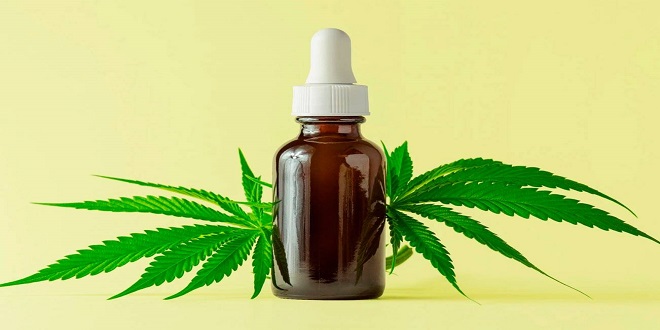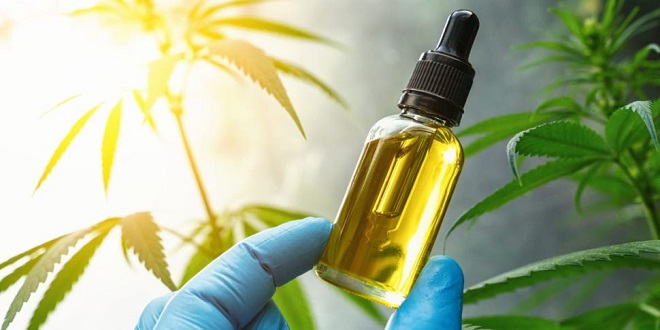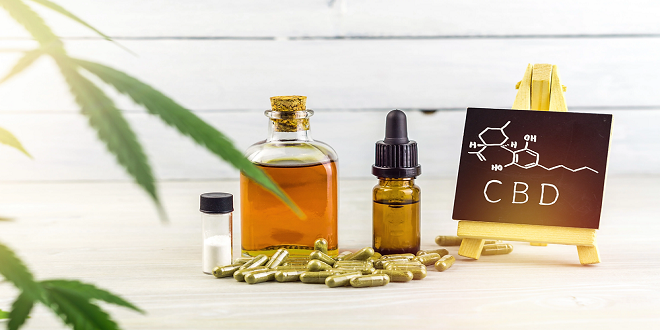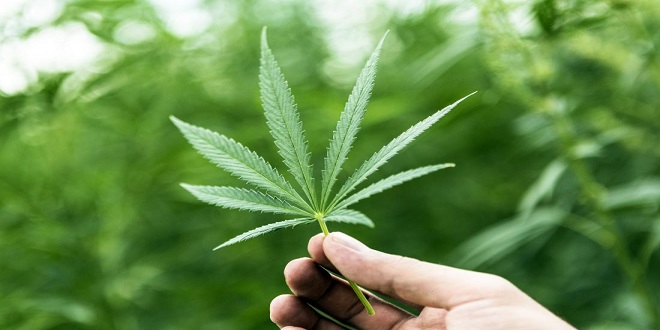Essential CBD Oils and How They Work
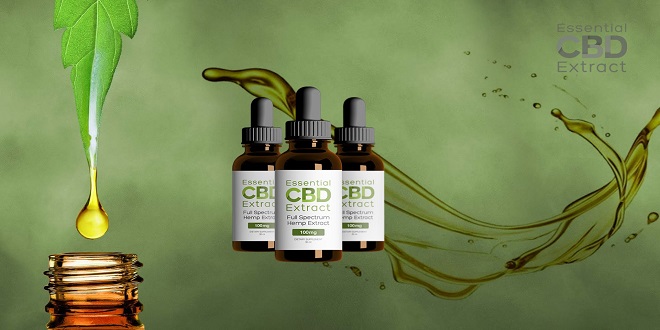
WHAT IS AN ESSENTIAL OIL?
Essential oils are more than just highly concentrated plant extracts. Most possess potent medicinal qualities, and many are valued for their exceptional cosmetic qualities. While the whole plants or plant parts they are derived from possess benefi cial qualities, essential oils are much more powerful. Sometimes referred to as ethereal oils or volatile oils, essential oils carry the actual essence or fragrance of the plants from which they are extracted.
A few popular essential oils are derived from whole plants, but most are derived from specifi c sections of the plants for which they are named. Some essential oils, including almond and nutmeg oils, come from seeds. Many, including patchouli , eucalyptus , and tea tree oils, are extracted from leaves. Still others come from wood, fl owers, resin, or roots. Some plants, including cinnamon and bitter orange, are used as sources for more than one distinct type of essential oil
Herbs and Essential Oils in Ancient Times
The Egyptian people are widely renowned for their achievements, so it might not come as a surprise that ancient Egyptians were among the fi rst to use essential oils. In fact, records show that aromatic oils were part of daily life in Egypt as early as 4500 BCE. Cinnamon, myrrh , sandalwood , and frankincense were treasured favorites; they were of such great value that they were sometimes purchased with pure gold
In Egypt, pure essential oils were believed to be sacred, and only high priests and royalty had the authority to use them; each deity was assigned a signature essential oil blend. Images and carvings of gods and goddesses were frequently anointed with precious oils during religious ceremonies. Each pharaoh used a variety of unique essential oil blends during meditation and intimacy, and even during preparation for war.
Essential Oils, Aromatherapy, and the Dawn of Modern Medicine
When Rome fell, physicians fl ed, carrying books by Hippocrates and Galen with them. These books made their way into Persia, where they were translated into several languages for distribution to scholars. Ali ibn Sina, who was often referred to as Avicenna the Arab, was a child prodigy born in 980 CE.
He was educated as a physician and is said to have begun practicing medicine at age twelve. Ibn Sina catalogued approximately eight hundred 6 Essential Oils plants, describing their ef ects on the human body in detail. He’s also credited with refi ning and recording traditional distillation methods for extracting pure, high-quality essential oils from aromatic plants.
THE POWER OF ESSENTIAL OILS
Every essential oil contains approximately one hundred dif erent components, each of which acts on the body in dif erent ways. Aromatic chemicals derived from phenylpropane are the precursors of the amino acids that connect with one another to form nearly all the body’s structures.

